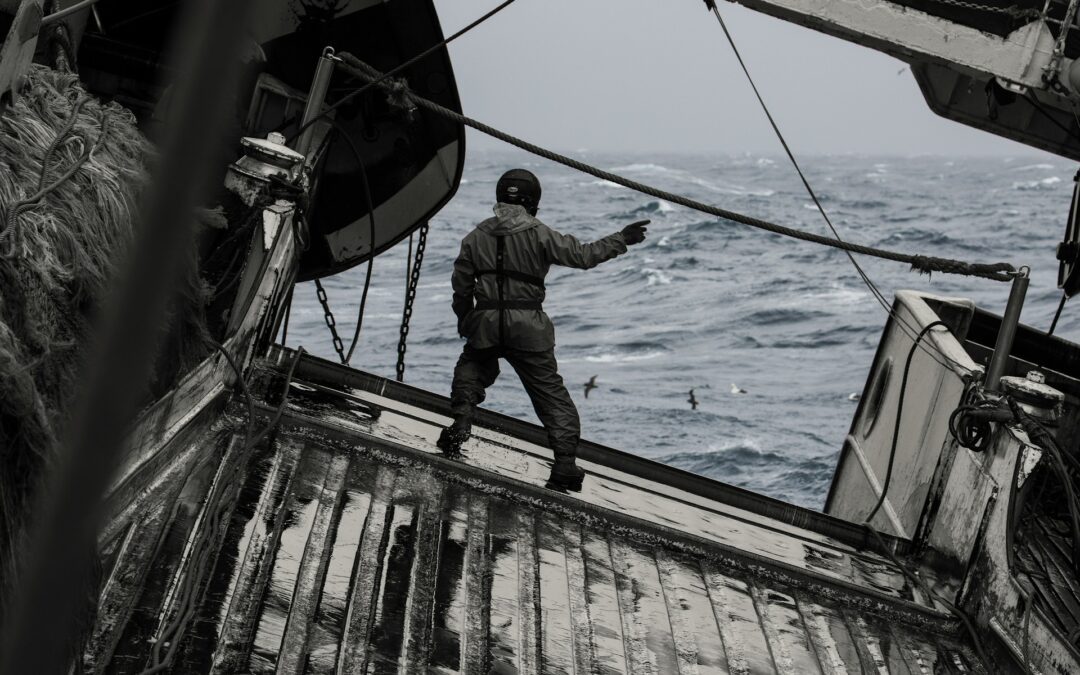The Supreme Court has voided a litigation financing agreement between a seafarer and a consultancy firm for being grossly disadvantageous to the seafarer.
In a Decision penned by Associate Justice Jhosep Y. Lopez, the Supreme Court’s Second Division denied the petition for review on certiorari filed by RODCO Consultancy and Maritime Services Corporation (RODCO). The petition assailed the rulings of the Court of Appeals (CA) which had reversed the Regional Trial Court’s (RTC) award of damages in favor of RODCO.
Floserfino G. Ross (Floserfino), a repatriated seafarer, sought the assistance of RODCO, a consultancy and professional services firm, in filing a claim against his local manning agency, foreign shipowner, and insurance company.
Floserfino thus executed a Special Power of Attorney (SPA) authorizing RODCO to represent him in his claims. The SPA also stated that Floserfino could not sign any document nor negotiate for settlement for any amount without consulting or acquiring the prior approval of RODCO.
He also executed an Affidavit of Undertaking stating that RODCO is his exclusive and recognized Pioneer Seaman Claims Consultancy Office in the complaint he filed against United Philippine Lines, Inc., et al. at the National Labor Relations Commission. The Affidavit also stated that Floserfino obligates, without any need of demand, to turn over portion of proceeds of money claims in favor of RODCO.
All the terms and conditions in the foregoing documents were integrated and incorporated in the Irrevocable Memorandum of Agreement executed by Floserfino and his wife, Antonia T. Ross (Antonia).
According to RODCO, after Floserfino’s money claim was successfully collected, he issued in RODCO’s favor two checks in the amounts of PHP 300,000 and PHP 940,800, respectively. However, the checks were dishonored when presented to the drawee bank.
Floserfino, however, claimed that RODCO asked him to issue two blank checks, the details of which were allegedly never made known to him as RODCO’s officers took custody to guaranty payment. Further, when he learned that 35% of the actual monetary award will be given to RODCO, he asked for more time to think about the agreement.
RODCO sent several demand letters to Floserfino and Antonia to settle their obligations. When the demands remained unheeded, RODCO filed before the RTC a complaint for sum of money and damages against the spouses.
The RTC ruled in RODCO’s favor, ordering the spouses to pay RODCO PHP 1,240,800 representing the amount of the checks issued, plus 6% interest, and PHP 40,000 in damages and attorney’s fees.
The CA, however, reversed the RTC’s ruling, holding that the contract entered into by Floserfino and RODCO was void from the beginning because RODCO rendered legal services despite the fact that it was not composed of lawyers, and the Irrevocable Memorandum of Agreement, which does not indicate the amount of contingent fee, lacked consideration.
In resolving the present petition, the Court evaluated the contract between Floserfino and RODCO and found it has the features of a litigation financing by a third party.
As previously held in the 2009 case of Nocom v. Camerino, a contract between a stranger and a party to a lawsuit, whereby the stranger pursues the party’s claim in consideration of receiving part or any of the proceeds recovered under the judgment, in consideration of receiving, if successful, a part of the proceeds is a champertous contract.
Under the Code of Professional Responsibility and Accountability (CPRA), champertous contracts between attorneys and their clients are prohibited for being against public policy. While the definition of a champertous contract under the CPRA appears to contemplate an agreement between a lawyer and a party, the Court is nevertheless not precluded from recognizing that the agreement of the parties in the present case is similar to a champertous contract.
The Court in many cases has nullified champertous contracts for being contrary to public policy. However, these cases were not nullified solely because the arrangement involved intervention of a stranger in financing the litigation of a case. Rather, the Court took into account the fact that the arrangements were grossly disadvantageous to the litigants, thus violating the fiduciary duty of the counsels involved to their respective clients.
In the present case, the Court found that RODCO has no interest in the monetary claim of Floserfino against his former employers, yet it agreed to finance the expenses necessary to pursue its litigation in exchange for a promise to be reimbursed and a portion of the proceeds of his claim.
The Court held that the intention of RODCO is primarily to profit from the litigation of the case of Floserfino as evidenced by the terms of the Irrevocable Memorandum of Agreement and the supporting documents.
Thus, the litigation financing arrangement between Floserfino and RODCO is prohibited for being similar to a champertous contract. “It is grossly disadvantageous to Floserfino as there is no specific agreement as to the amount to be given to RODCO, in the event of a successful claim against the employer, to satisfy his obligation in exchange for the ‘consultancy service’ rendered by RODCO. Here, there is financial overreaching by a third party with superior bargaining position in the case of a financially pressed litigant,” held the Court, as it concluded that RODCO cannot recover its monetary claim against Floserfino and Antonia.
The Court also required then Atty. Napoleon A. Concepcion (Concepion), who was hired by RODCO to handle Floserfino’s case, to show cause why it should not be the subject of administrative action for accepting the case of Floserfino and Antonia despite the existing Contract of Legal Services the lawyer executed with RODCO. Noting that Concepcion was disbarred by the Court in the 2021 case of RODCO Consultancy and Maritime Services Corporation v. Atty. Napoleon A. Conception (RODCO Consultancy) for luring seafarer-clients of RODCO to violate their contract with the latter, the Court held that it “cannot simply ignore and brush aside the possibility that Floserfino and Antonia were induced by Atty. Concepcion to violate their agreement with RODCO just like the other seafarer-clients of RODCO mentioned in RODCO Consultancy,” said the Court. (Courtesy of the Supreme Court Public Information Office)
FULL TEXT of the Decision in G.R. No. 259832 at: https://sc.judiciary.gov.ph/259832-rodco-consultancy-and-maritime-services-corporation-herein-represented-by-froilan-g-clemente-jr-vs-floserfino-g-ross-and-antonia-t-ross/

